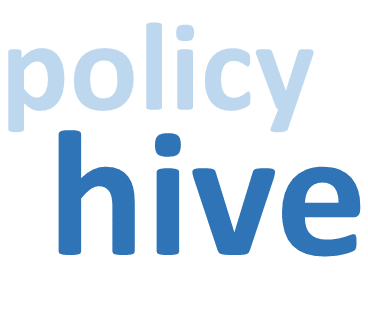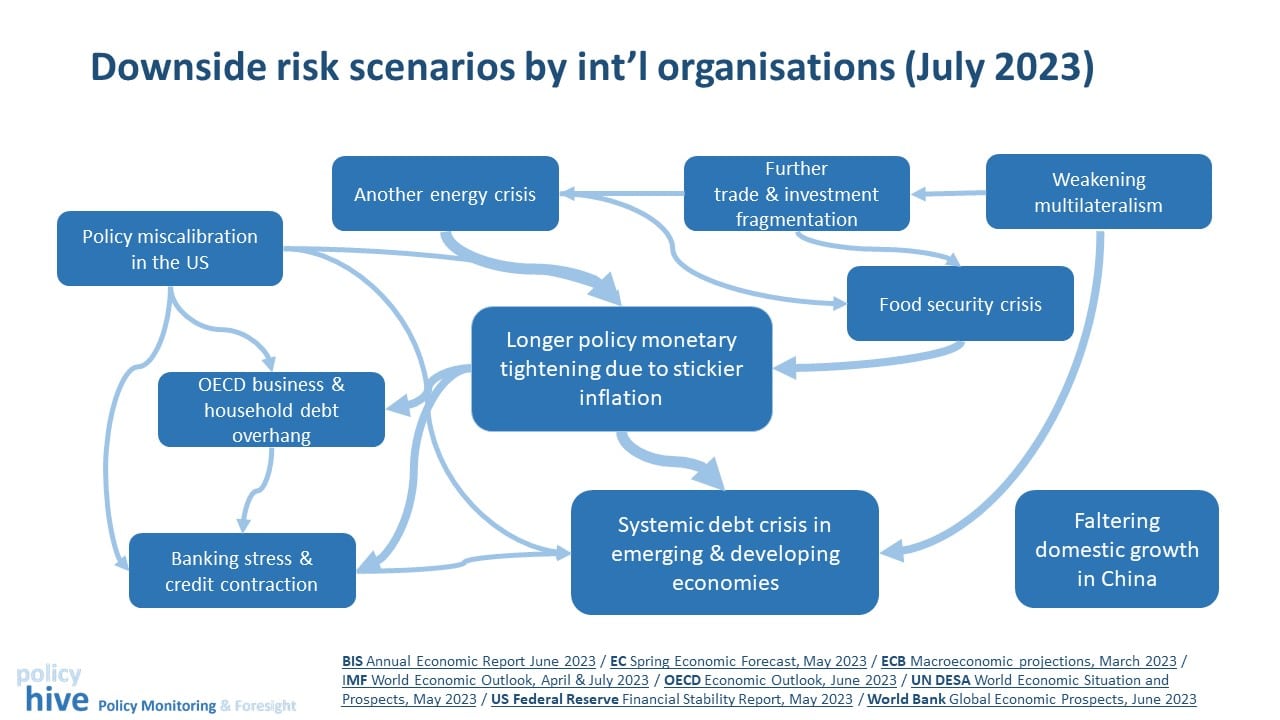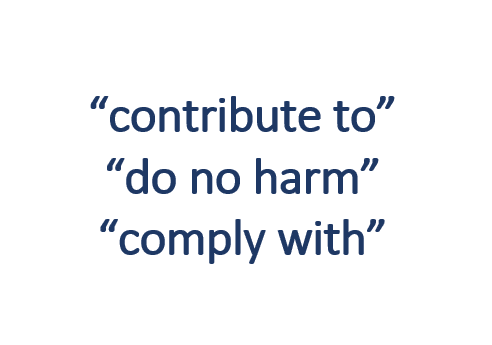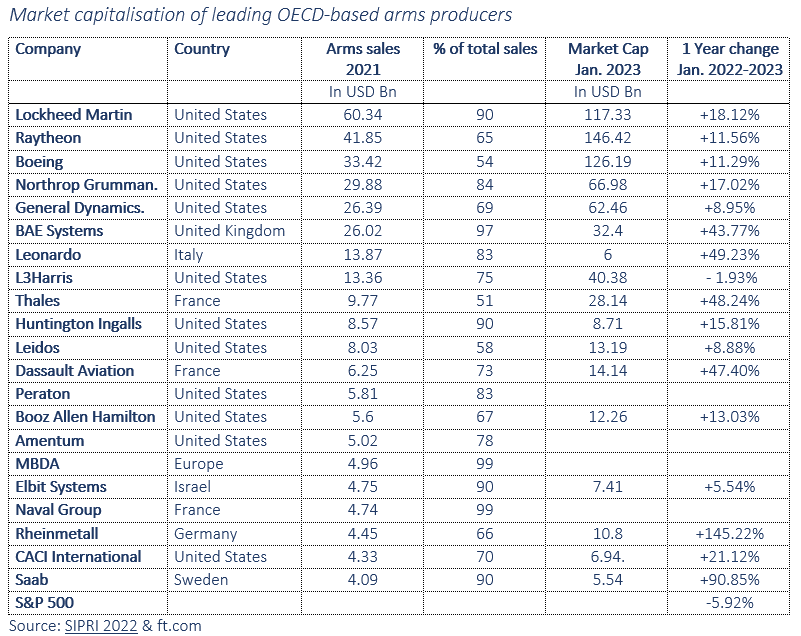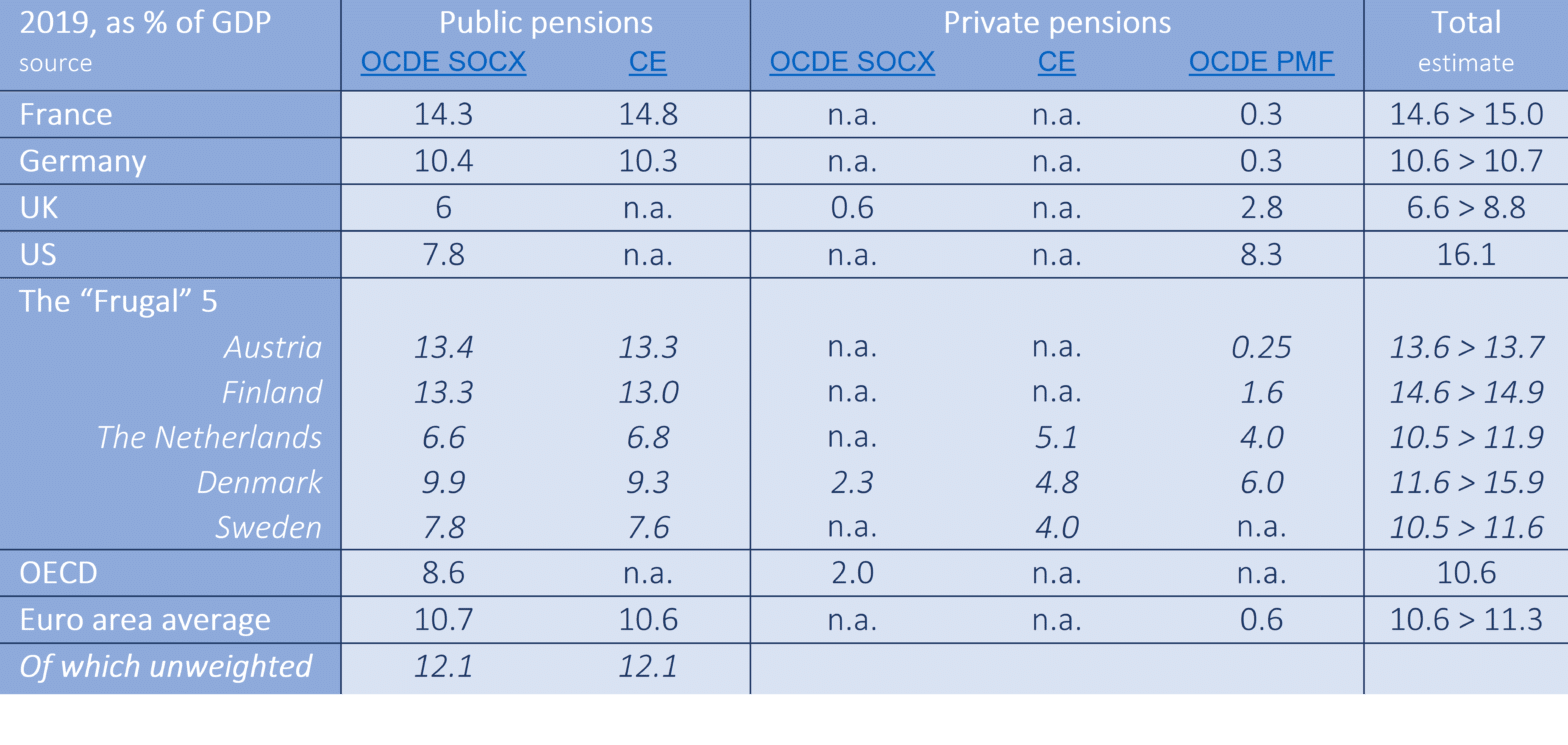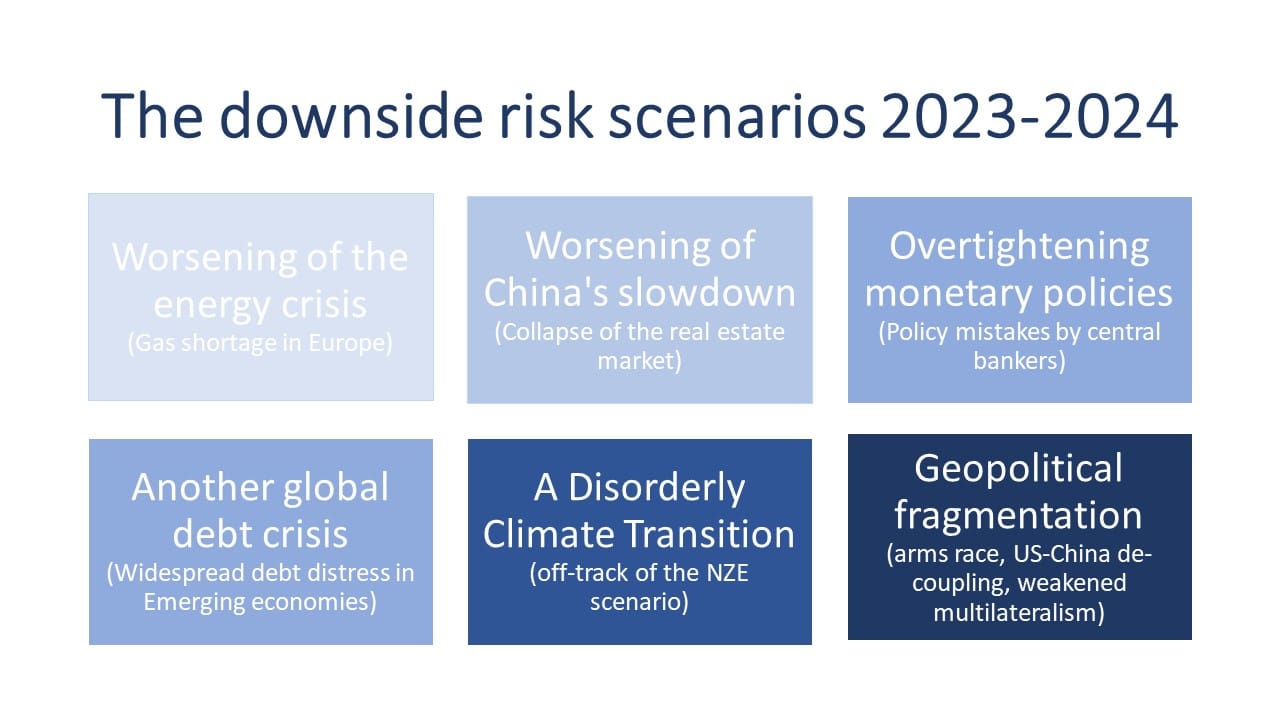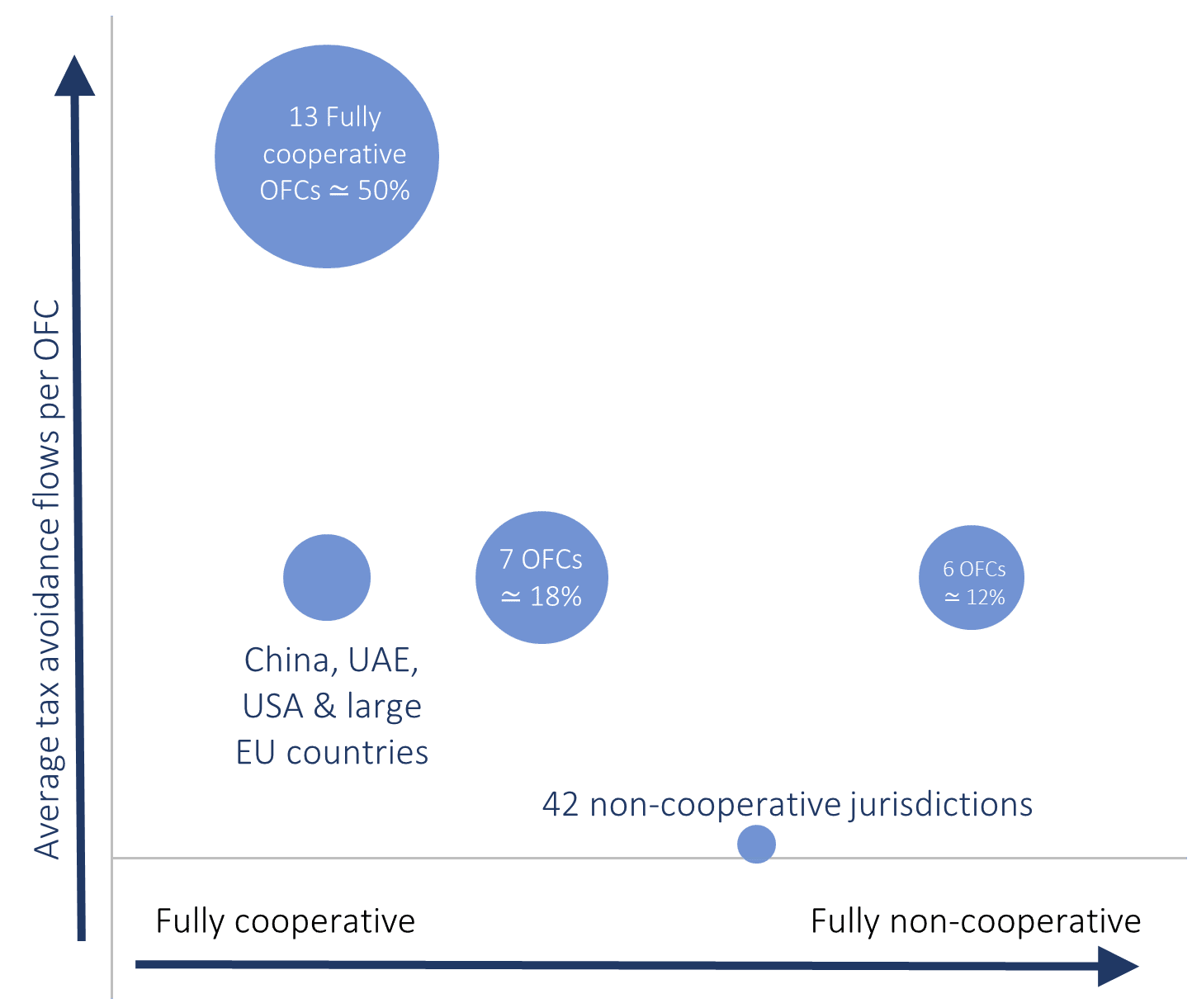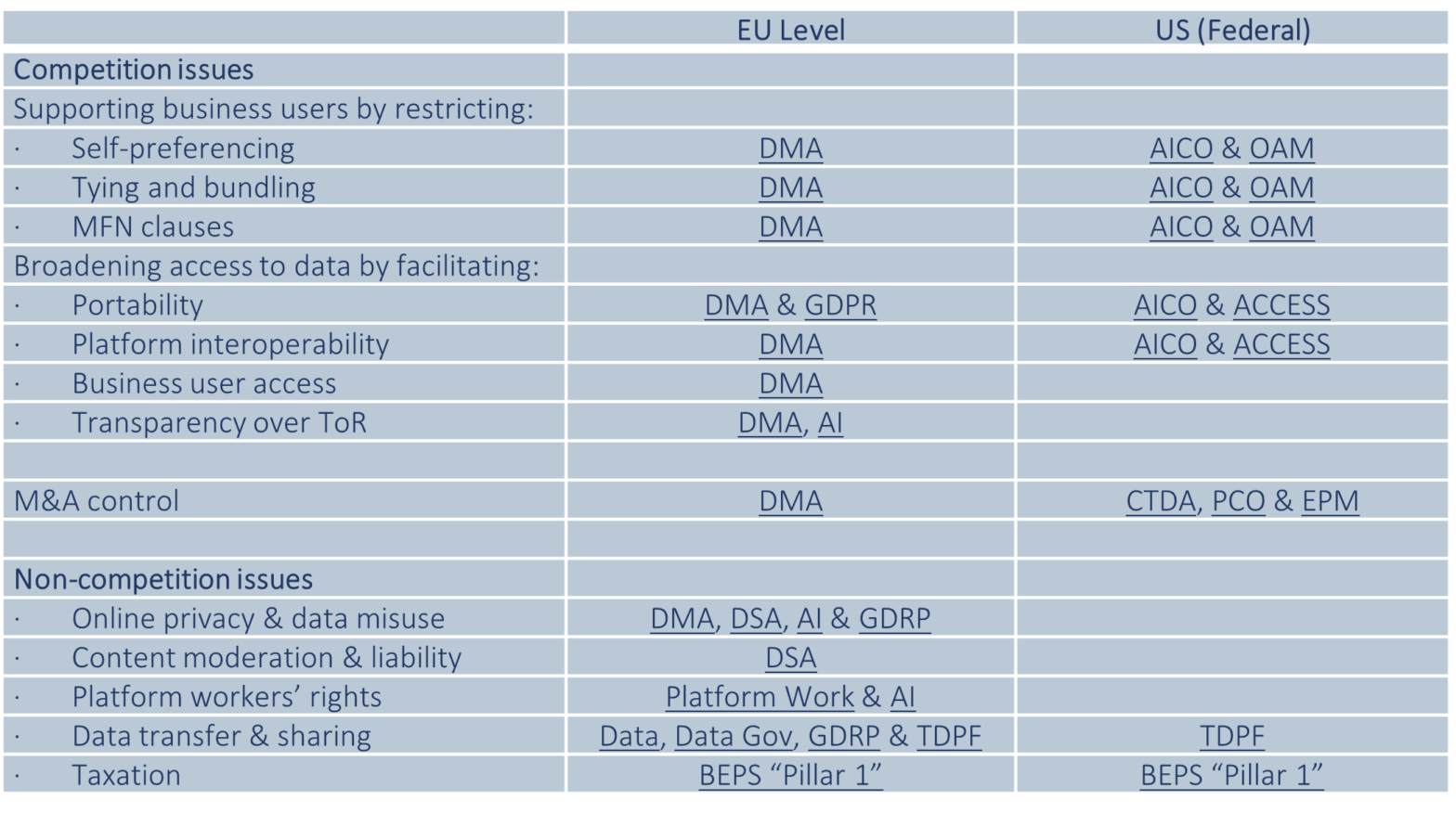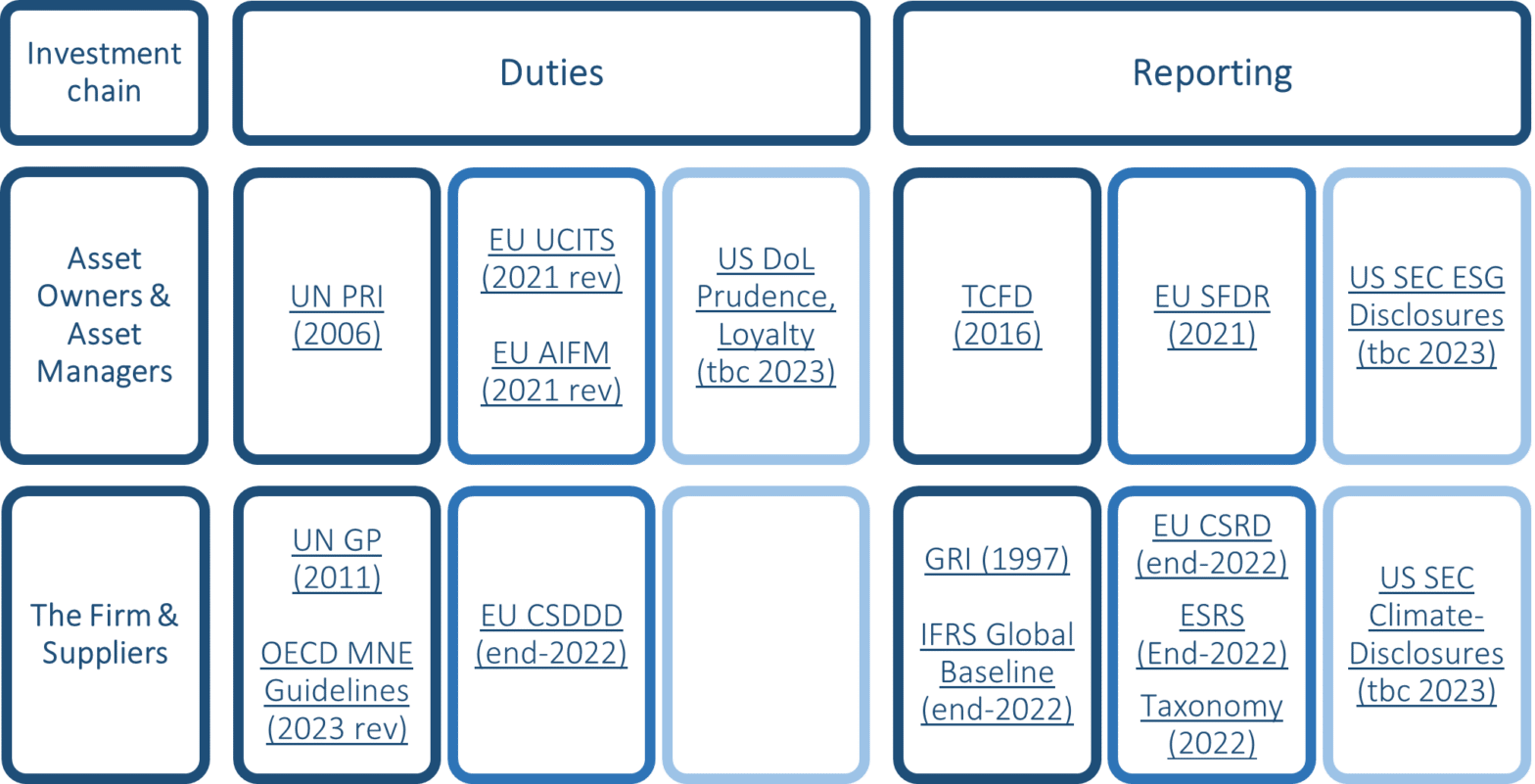The downside risk scenarios identified in the latest flagship reports by international organisations (IMF, OECD, WB, UN, EC) and central banks (BIS, ECB, US Federal reserve) are recapped in the following flow chart – including where they intersect most. Overall, the most cited risk scenarios: (i) a monetary tightening that gets out of control because …
Continue reading “Downside risk scenarios by international organisations”
